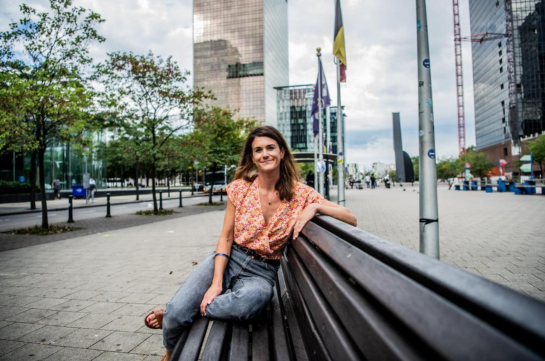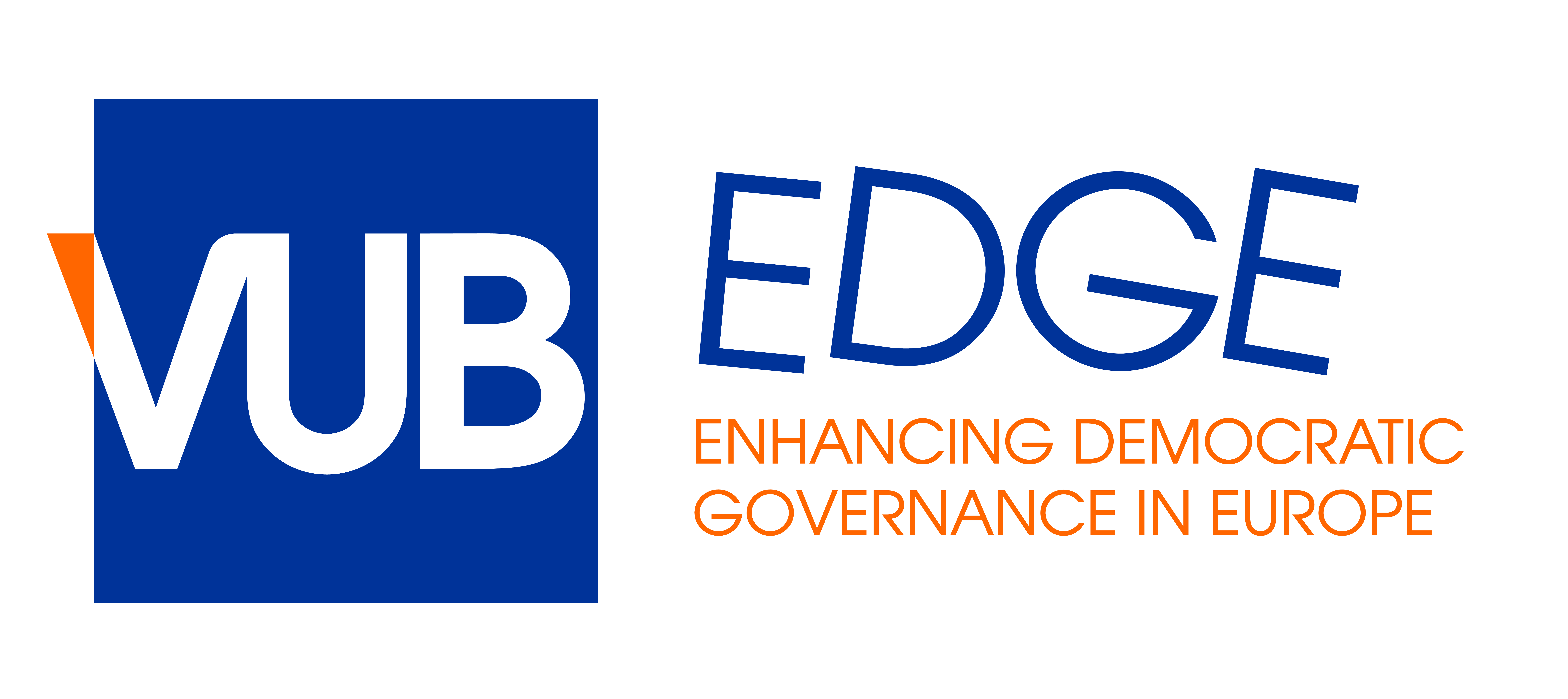
VUB researcher Louise Knops, ascribed as a PhD candidate at the Political Science Department and member of the EDGE Programme, discusses in an interview by Le Soir (in French) the political impact of the COVID-19 crisis.
From her perspective, the virus initially created a great opportunity to reconnect citizens and political authorities. "There was hardly any protest or mistrust. We followed, we had no choice and we confined everyone". However, the chaotic political management of the crisis has, from her perspective, ultimately widened the gap between the representatives and the represented.
Louise Knops considers the current crisis a warm-up to other crises to come, among them the environmental one. Hence the importance of learning the lessons now so as not to end up in a situation of "political-panic". She complaints about the infantilizing communication from the authorities, and anticipates an intergenerational clash if there isn't a real change in line with participatory democracy.
As for the future of Belgium, she believes there is a need for a reorganization of the political landscape to avoid decisions like Brexit. She considers the ecological political family the only one able to counter the push for identity and nationalism.
She is asked by a book, a movie and a personality. Her choices: "Où atterrir? Comment s'orienter en politique", from sociologist Bruno Latour; Leave No Trace, from director Debra Granik; and the prime minister of New Zealand, Jacinda Ardern.
